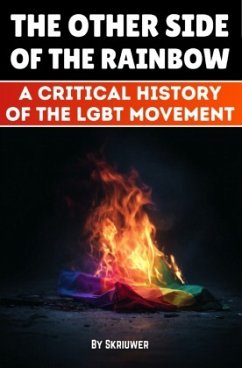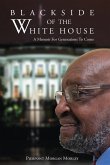To appraise the LGBT movement's ascent is to pierce the prismatic veneer of liberation, confronting a chronicle marred by factional fissures and ideological excesses that "The Other Side of the Rainbow" elucidates with unsparing acuity. Far from the triumphal arc etched in pride parades, this critical history unveils the schisms sown in the Stonewall skirmishes-where separatist lesbians excoriated gay male hedonism as patriarchal poison, and early theorists like Foucault flirted with pedophilic apologias under the guise of sexual anarchy. Such origins, often elided in hagiographic retellings, incubated a vanguard that prioritized performative transgression over pragmatic alliance, alienating allies and amplifying adversaries in equal measure. One discerns not mere missteps, but a doctrinal drift toward absolutism, wherein dissent from the rainbow catechism invites excommunication, rendering the movement less emancipatory beacon than inquisitorial enclave.Embedded in this narrative lie the suppressed scandals: the 1970s bathhouse epidemics that galvanized moral panics yet were met with activist denialism bordering on recklessness; the 1990s assimilationist pivot that traded radical fire for corporate sponsorships, birthing a glitterati elite disdainful of working-class queers; and the trans-inclusive surge of the 2010s, which, while noble in intent, precipitated purges of gender-critical feminists branded as heretics in the name of intersectional orthodoxy. No encomium to victimhood here, but a ledger of overreach-from campus speech codes stifling debate to the co-optation of civil rights rhetoric that dilutes the specificity of racial struggles. Critics may decry this dissection as reactionary, yet the evidence indicts an apparatus that, in pursuing utopia, has engendered its own orthodoxies, where biological sex becomes taboo and childhood innocence collateral in the quest for fluidity.
Bitte wählen Sie Ihr Anliegen aus.
Rechnungen
Retourenschein anfordern
Bestellstatus
Storno








